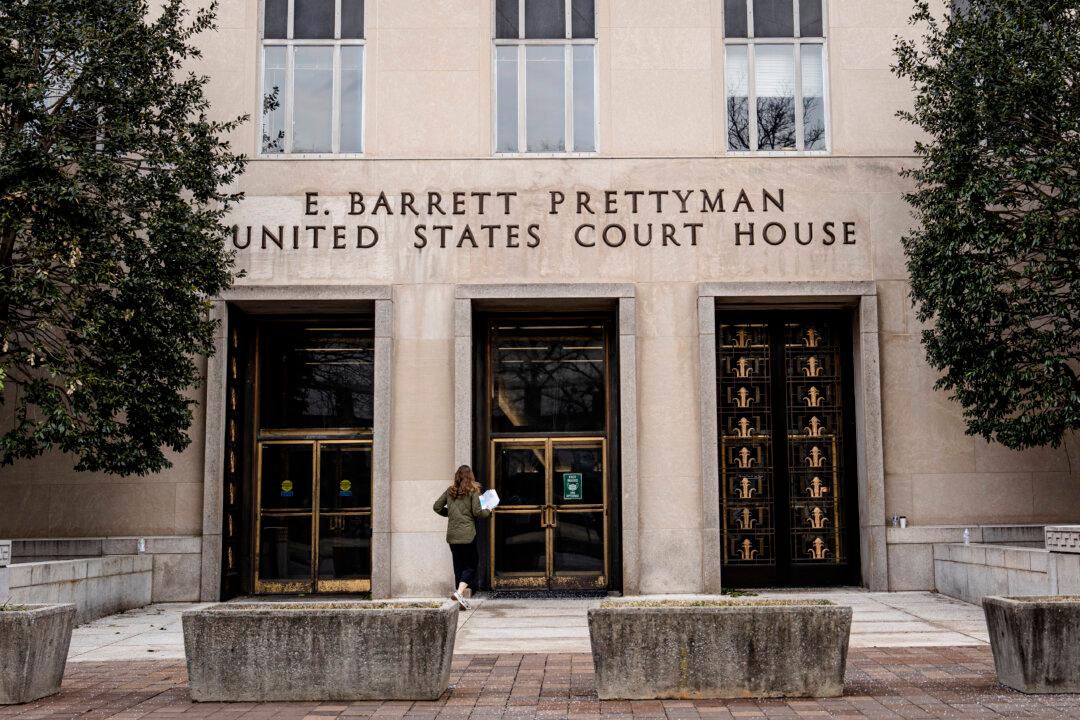The U.S. Court of Appeals for the D.C. Circuit has granted President Donald Trump’s request to temporarily block two lower court orders requiring him to reinstate the chairs of the Merit Systems Protection Board (MSPB) and National Labor Relations Board (NLRB).
Judge Patricia Millett dissented from the March 28 decision to grant Trump’s requests for emergency relief in the two cases. Both Judge Karen Henderson and Judge Justin Walker issued statements supporting the decision to grant the emergency motions.





